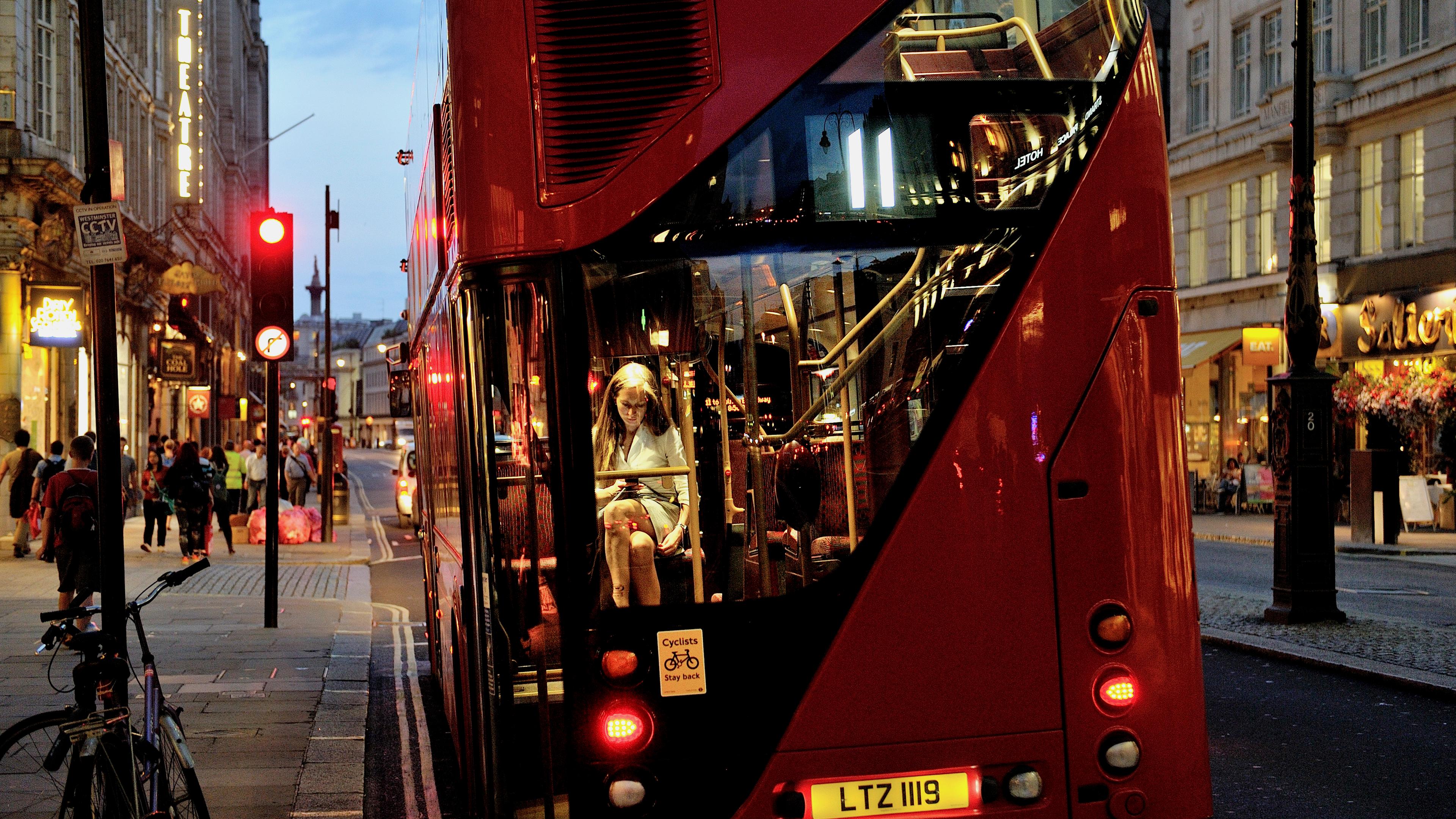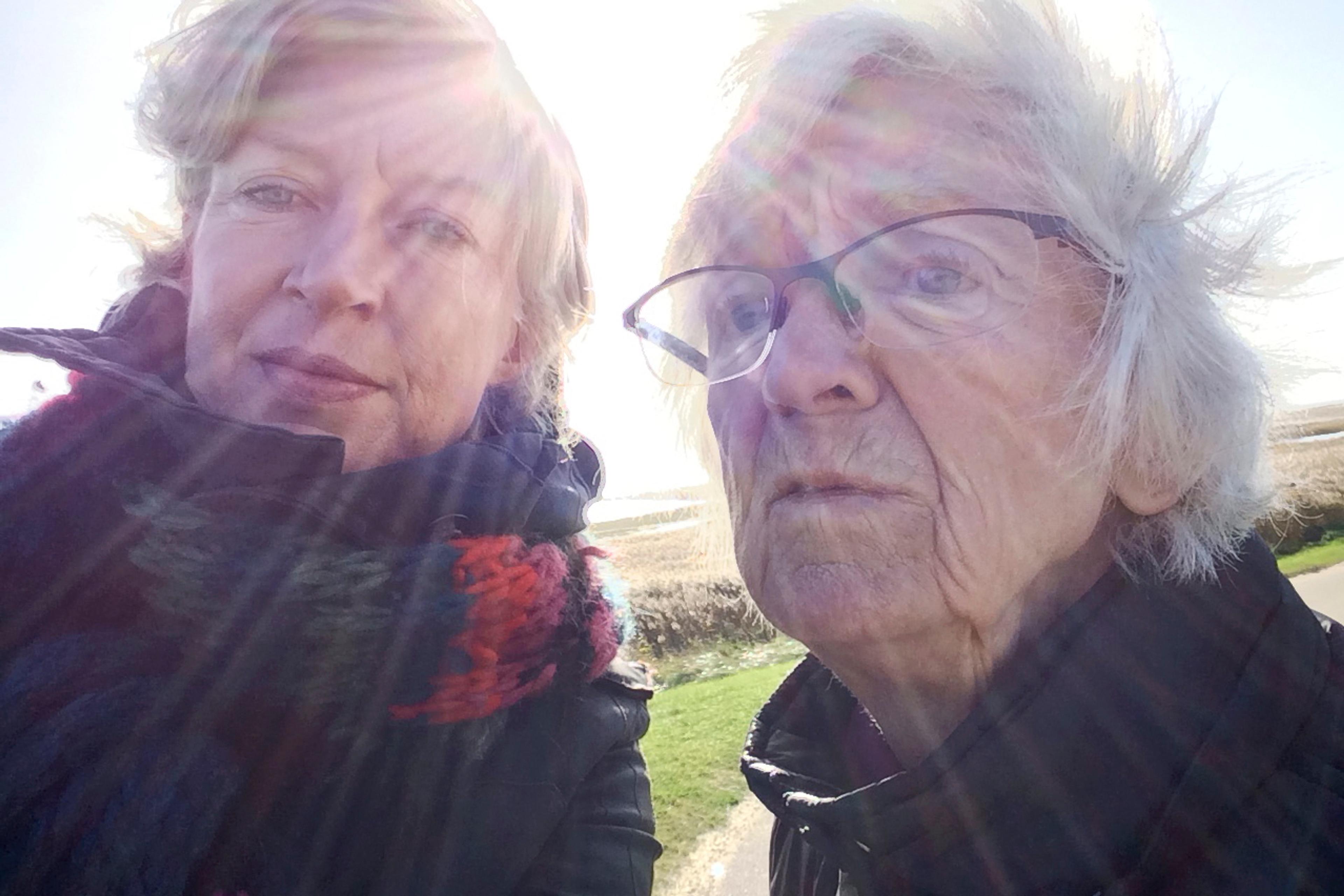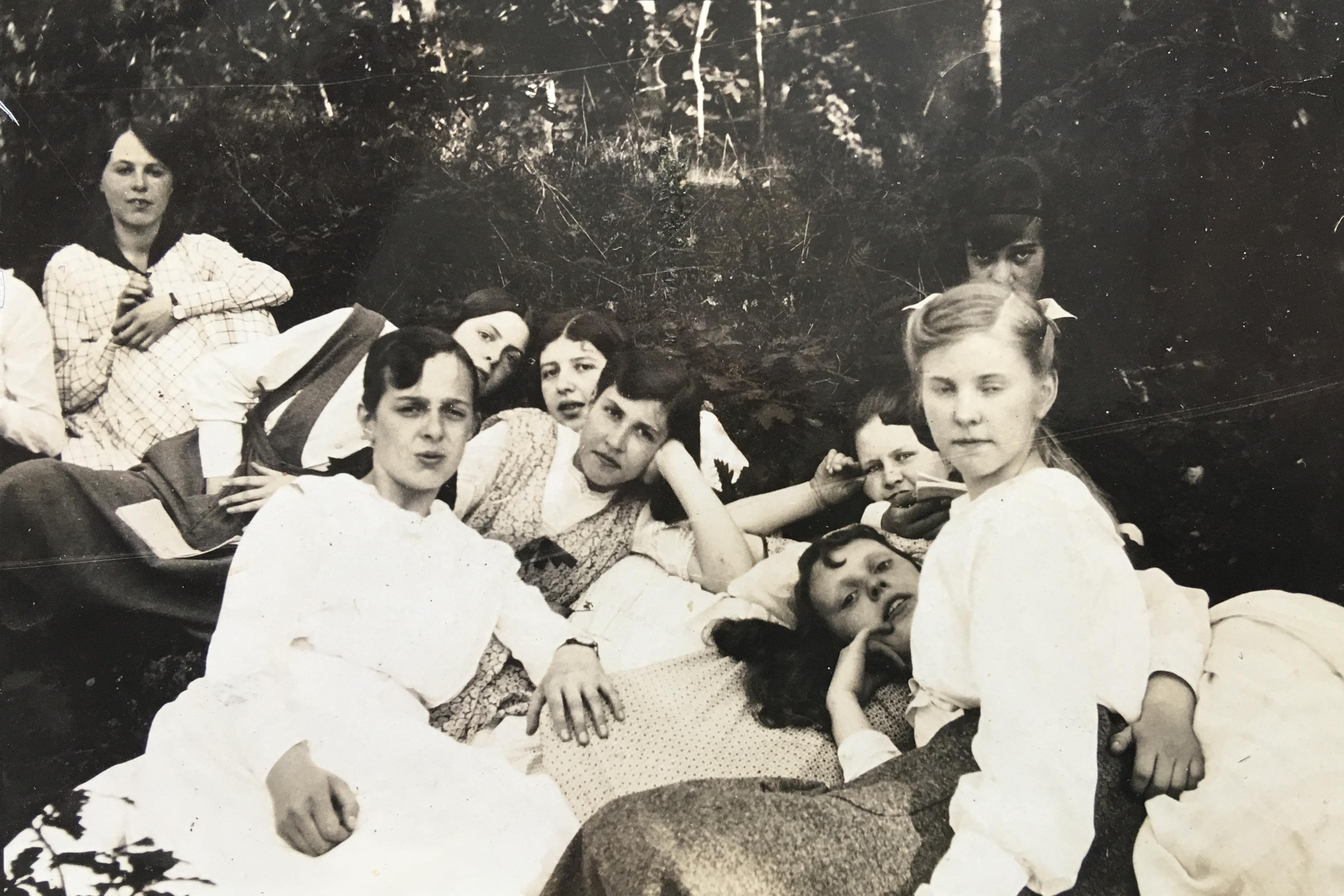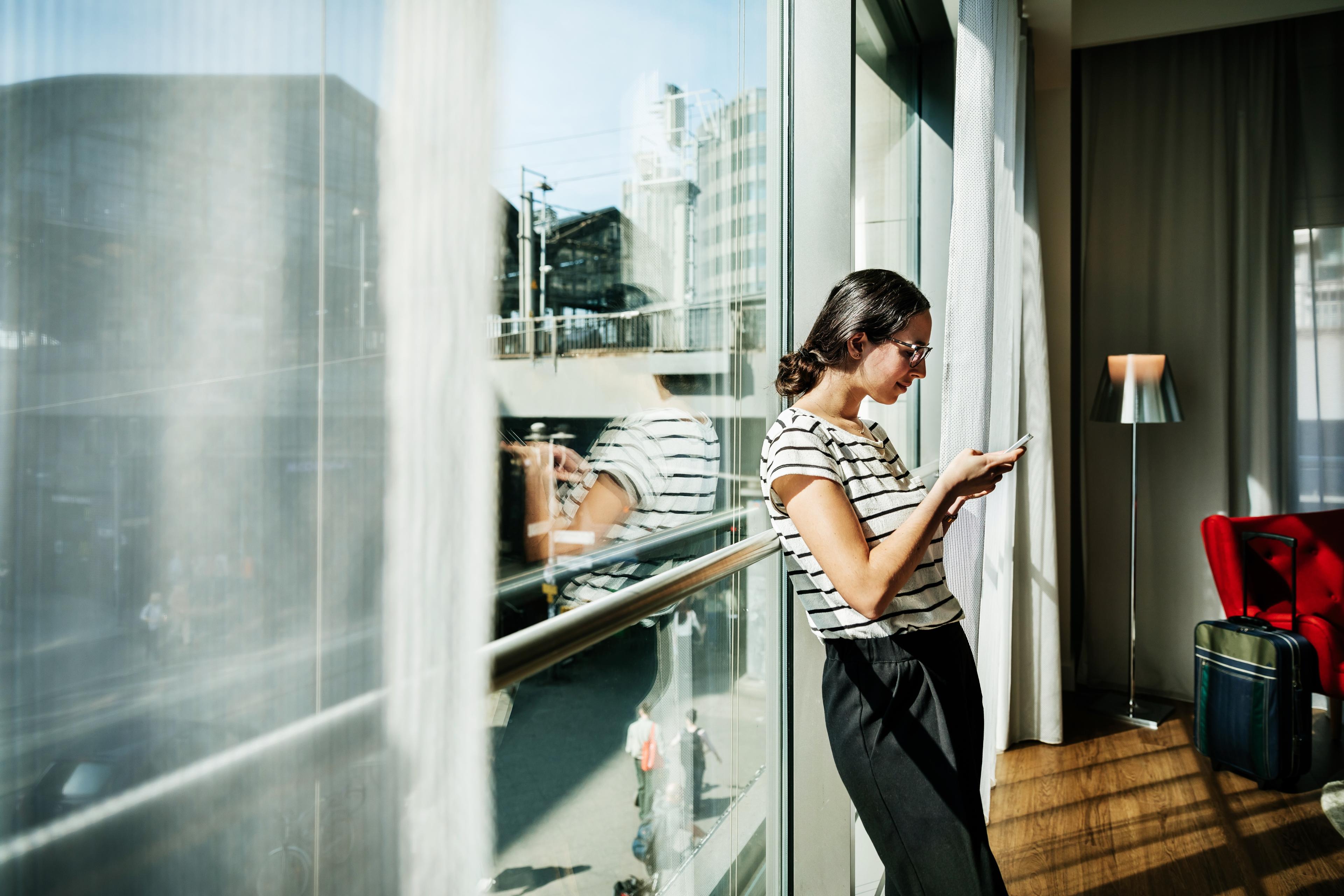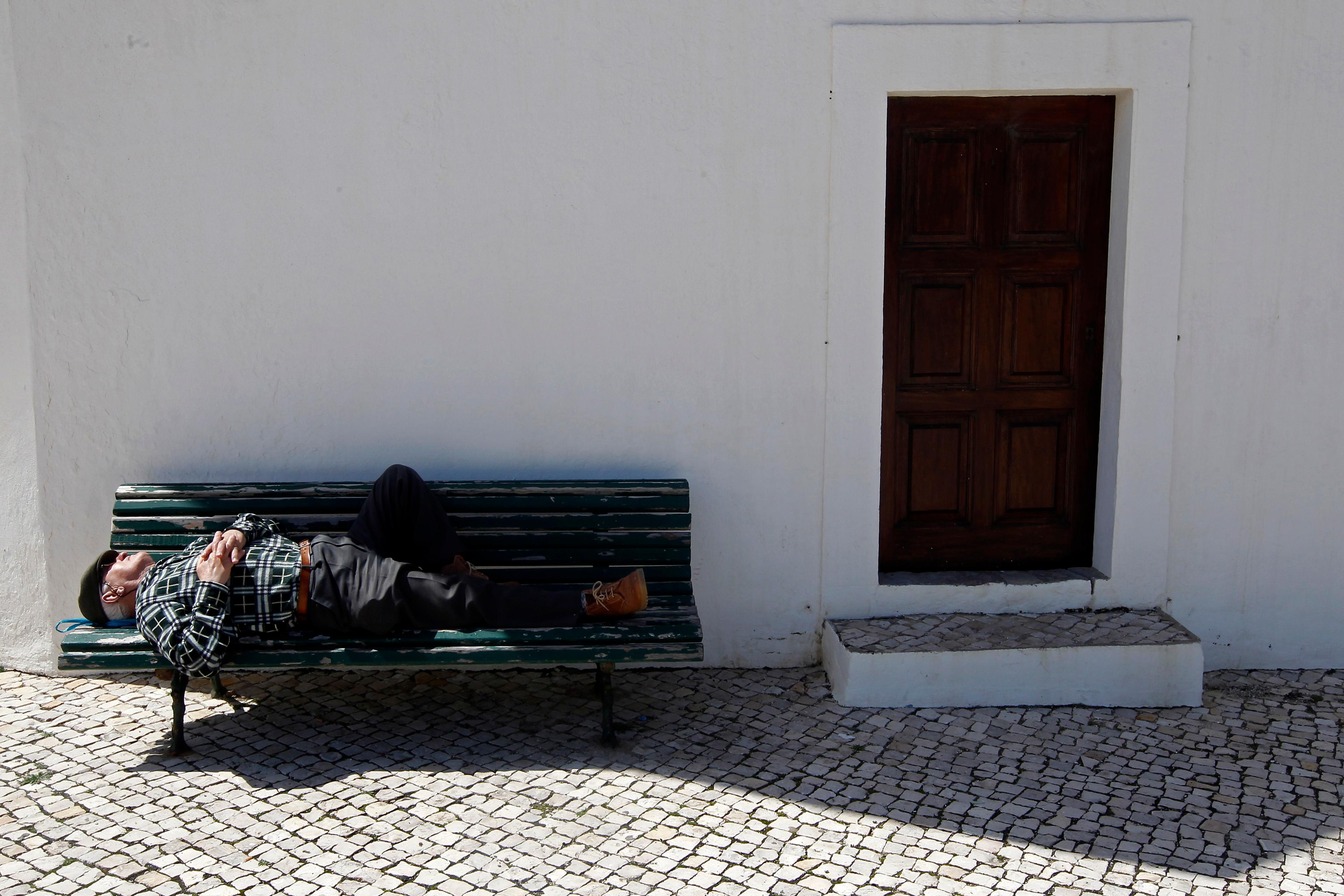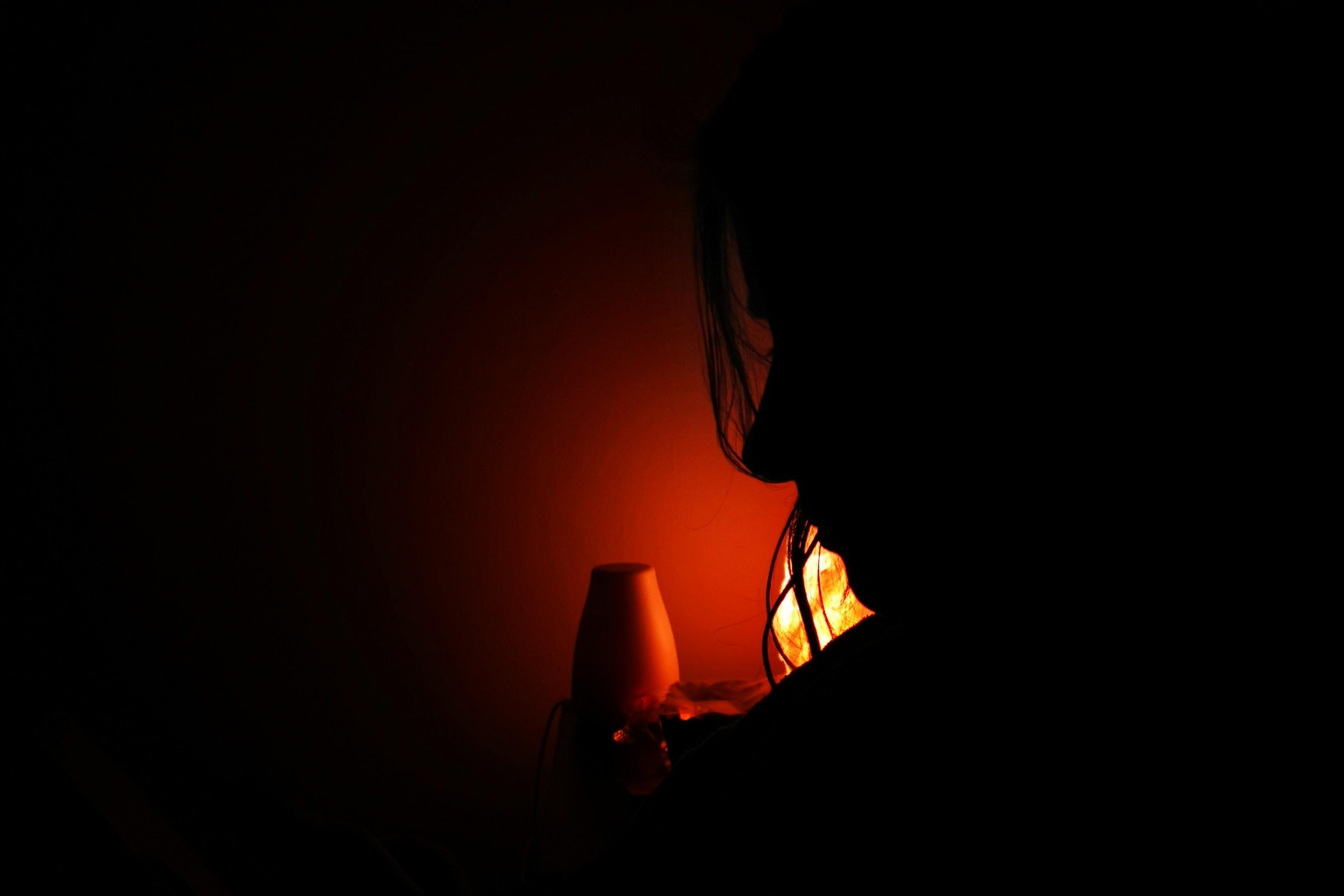I remember being on a trip to the United States when I was in my early 30s and mentioning to a group of teenagers that I didn’t drive. They looked horrified. Was I stupid? Subnormal? Was I perhaps even (God forbid) poor? I hadn’t expected the remark to go down quite so badly, but of course getting your licence at 16 is a rite of passage in the US. To them, it was as if I had chosen to remain forever stuck in childhood: an overgrown toddler. They were embarrassed for me. I explained that the car wasn’t so important for city dwellers in Europe. They looked unconvinced.
My mother was a passionate driver, welded to the wheel. A composite memory from the summers of my childhood in South Africa is of me lying on the back seat as she drove the 40 minutes or so to the dance school in Cape Town where she used to teach. This was long before seatbelts were compulsory, so I could wriggle about as I pleased. Sometimes I’d climb onto the shelf beneath the back window, lying like a parcel against the glass, looking out at the highway as it unspooled behind us, making up stories, thinking random thoughts. To drive – and be driven – is to be in a liminal space. Doorways, staircases, motorways, these are places of transition. While we travel, everyday obligations are suspended and we can dream. But you don’t need a licence for that. Passengers can dream too.
For my mother, who learned to drive in the 1950s, the car represented modernity and liberation – along with Hoovers, washing machines, electric kettles and antibiotics. In the 1980s, my parents moved to the US, land of the automobile, and here my mother was in her element. She arrived knowing no one, yet within a few years she’d established her own dance company and acquired a band of adoring fans. Invincible in her cherry-red Toyota, she sailed along the broad avenues of Washington, DC, from the underground garage of their apartment block to the parking lot of a covered mall without ruffling her perm. She was never obliged to mingle too closely with strangers; could remain germ-free and safe. ‘Be careful,’ she’d admonish me over the phone. ‘Put your bag under your coat. Pin your pockets closed. Oh, I wish you could drive!’ But I never felt the urge to. Since my early 20s, I’ve lived in inner-city London, where I get around very well on foot and by public transport. I’ve never felt unsafe. I take the last Tube home, or the night bus. I walk, accept lifts. I enjoy looking at the people around me, the carousel of street life.
Now and then I feel the sting of shame when I reflect on this. To be ‘in the driving seat’ suggests authority, energy, ambition, all of which my mother had in spades. I can’t help but see the word ‘passive’ lurking inside ‘passenger’, so it lifts my spirits to discover that these words have different roots (though this is pure sophistry – I know). ‘Passenger’ comes from the Latin passus, meaning ‘step’; originally, it simply meant someone who travels. ‘Passive’, on the other hand, derives from patior – ‘I allow, acquiesce, submit… I suffer, endure.’ Speeding under the city on the Tube, I think of the sclerotic traffic overhead and none of those verbs apply.
When Margaret Thatcher was prime minister, she reportedly said that if a man was still travelling by bus by the age of 30 he was a failure. Since my parents never owned more than one car at a time, and my mother was always in it, the Washington bus service was my father’s only option. But he never felt emasculated. My parents had a deal: he made the big decisions, like what country to live in, while she ruled on everything else. The main drawback was that, since he was seldom behind the wheel, he remained a shockingly bad driver until his retirement. I remember travelling with him in Madagascar where he worked for a while. He couldn’t understand the French traffic lights, which had extra units for the turning lane. ‘Is it red? Is it green? God knows. It’s only an indication. I’m just going to go!’
My father grew up at a time when the world was a simpler place. When cars stood in for this kind of individualism, and were bonded in the popular imagination to the idea of freedom. All those romantic petrochemical narratives of the mid- to late 20th century, from Jack Kerouac’s Beat novel On the Road (1957) and films like Five Easy Pieces (1970) and Easy Rider (1969), to the gloriously feminist Thelma and Louise (1991), offered us the trope of the rebellious individual taking to the highway in search of liberty and adventure.
Today, the idea that Car + Driver = Freedom is under attack. Car use is increasingly fenced in by regulation. Urban environments bristle with prohibitions: red routes, school streets, low-emission zones, speed limits, bike and bus lanes. Passing your test, according to the psychologist Oliver James, is not about measuring your skill on the road but your ability to conform. Our bigger cities are waging war on the car, and it’s a necessary one. Unless we reduce emissions, the world will burn. Road narratives of the 21st century are so much darker than those of the past century, from Cormack McCarthy’s novel The Road (2006), to Emily St John Mandel’s Station Eleven (2014), to The Last of Us – a hugely popular video game in 2013, and now a TV series (2023-). These fictional journeys are not so much concerned with freedom as survival in a disintegrating world. Petrol isn’t fun anymore. Maybe it never really was.
But much as I’d like to say that I don’t drive for ethical and political reasons, that wouldn’t be true. Indeed, it has taken me many years to understand what was really going on.
Something caught my attention recently when I read The Inseparables (2020), Simone de Beauvoir’s semi-autobiographical account of an intense friendship between two upper-class Parisian girls (posthumously published; English translation by Lauren Elkin). Towards the end of the novella, the narrator’s friend Andrée has finished her studies, but her mother keeps her busy from dawn till dusk with mindless social obligations and household tasks, while casting about for a suitable (Catholic) husband for the poor girl. There is some brief respite when the narrator Sylvie visits and the two friends are allowed to borrow the family car for the day. It’s the 1920s and cars are still a novelty. Sylvie is overjoyed. ‘I had only been in an automobile a few times, and never just for the pleasure of it,’ she says. But even on this single day of liberty, Andrée’s mother manages to come up with an errand – a layette to be dropped off to one of the women in the village. Andrée may be allowed an afternoon of speeding through the forests, but she isn’t free. Ultimately, she must return to the suffocating embrace of her family. And the car is just another mechanism for controlling and filling up her time. This was the thing I feared.
When I was younger, I had a horror of becoming one of those women who spend all their time shopping, ferrying teenagers around, picking up prescriptions, taking relatives to hospital appointments. Specifically, I was resisting the day – however far in the future it might be – when my mother would be too frail to drive and I’d become the instrument of her considerable will, unable to say no to a constellation of small errands. It pains me to admit it, because she was always so generous with her time, but there’s something deep-rooted here. To my mind, she was born to be in the driving seat, queen of the road; it suited her restless, active, commanding spirit. I never saw myself like that. Unconsciously, not driving – being a bit useless – was my way of protecting my space for creativity and peace, for lying on the back seat dreaming. In fact, when the time came, the caring role had nothing to do with shopping or errands. I couldn’t escape it, and nor did I want to.
My mother’s driving days ended in her early 80s with a fittingly dramatic, slow-motion accident, where the axle broke and she went sailing across the road into a parked car. My parents replaced the car, but my mother had lost her nerve and never really drove again. Last year, as she began to slip away, I found I couldn’t bear not to be there. It wasn’t so much a sense of duty that I felt, as a compulsion. I employed a mixed economy in terms of transport: a 10-minute train journey with a walk at either end. I was there, holding her hand, on the morning she died. It was very peaceful.
Looking back on my encounter with the young Americans all those years ago, perhaps they were right to see my willed inability to drive as a refusal to grow up. At some deep level, I was so terrified of turning into my mother that I refused my adult responsibilities (on the road at least). And now, for all the wrong reasons, I seem to have landed on the side of the angels. One day, I predict that driving a private vehicle in a city like London or New York will become as uncool as wearing fur and, when that happens, I’ll be ready. Not driving is something I’ve been doing all my life.
